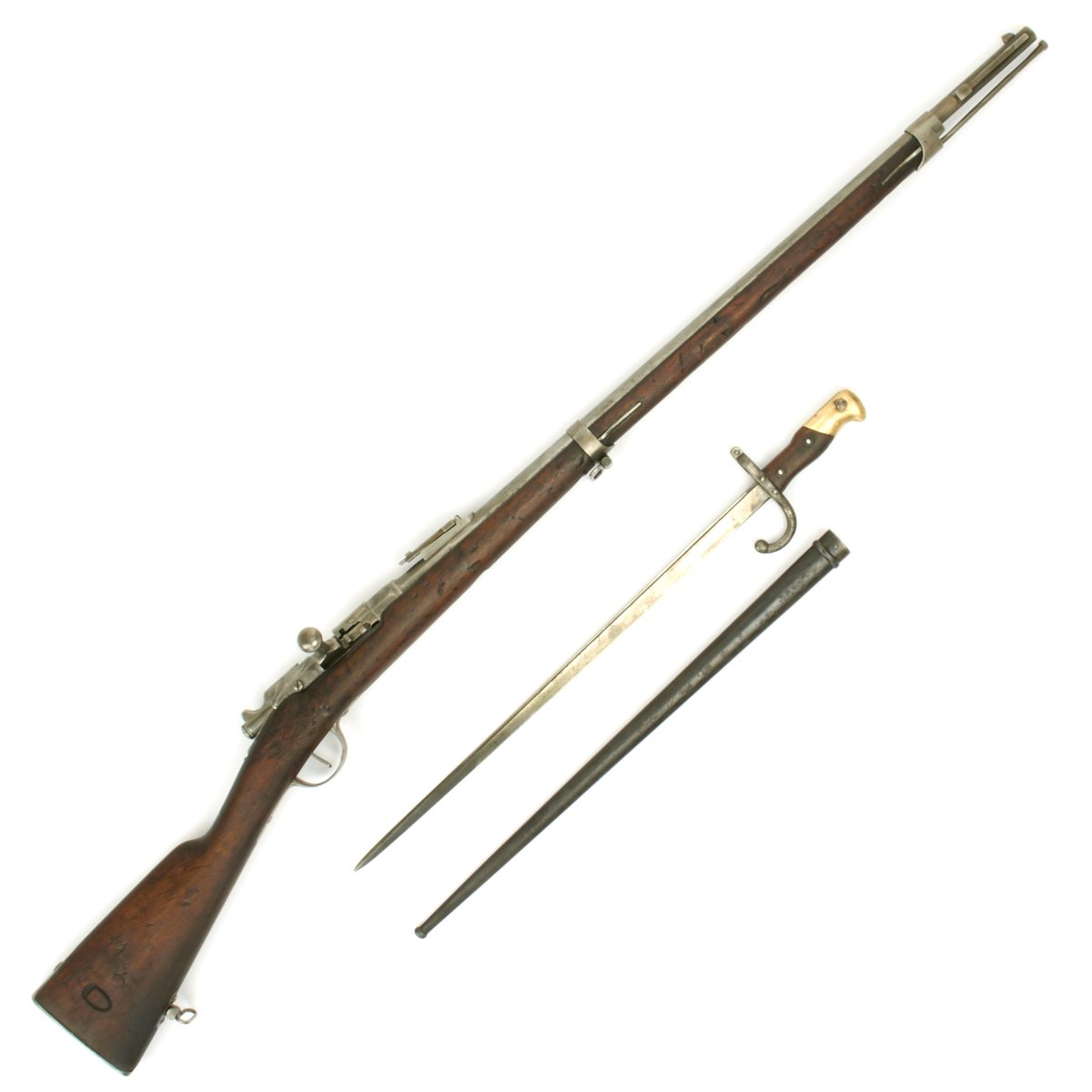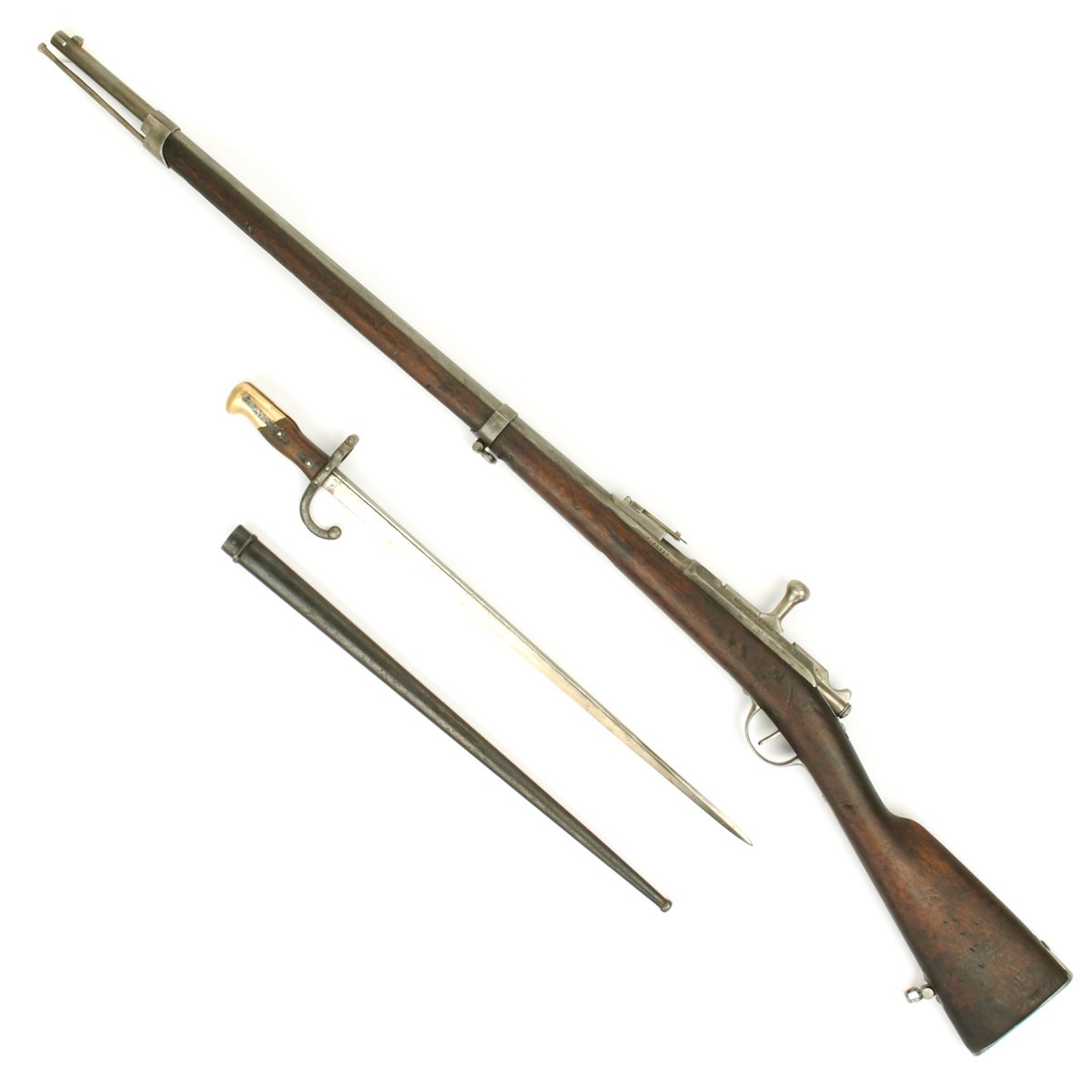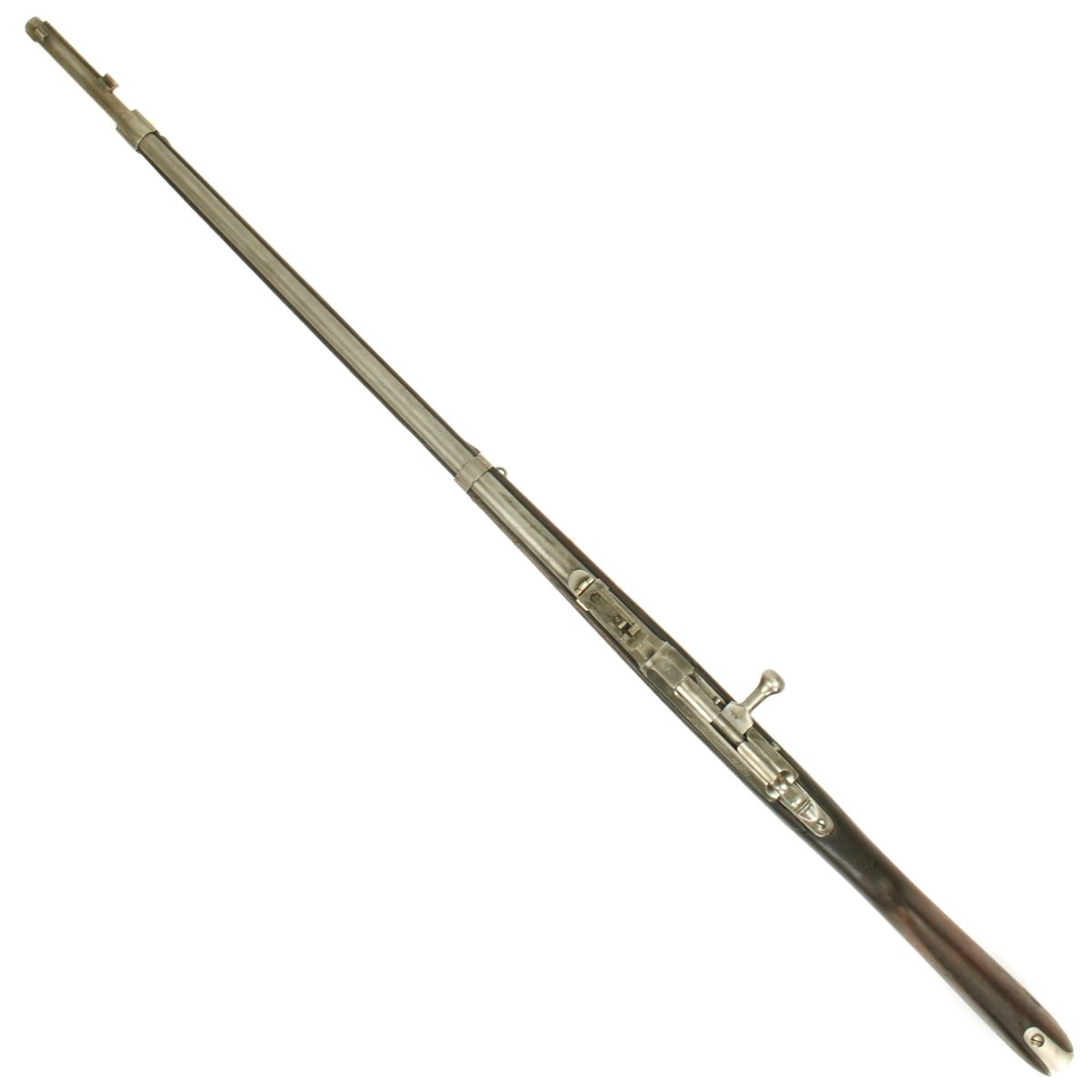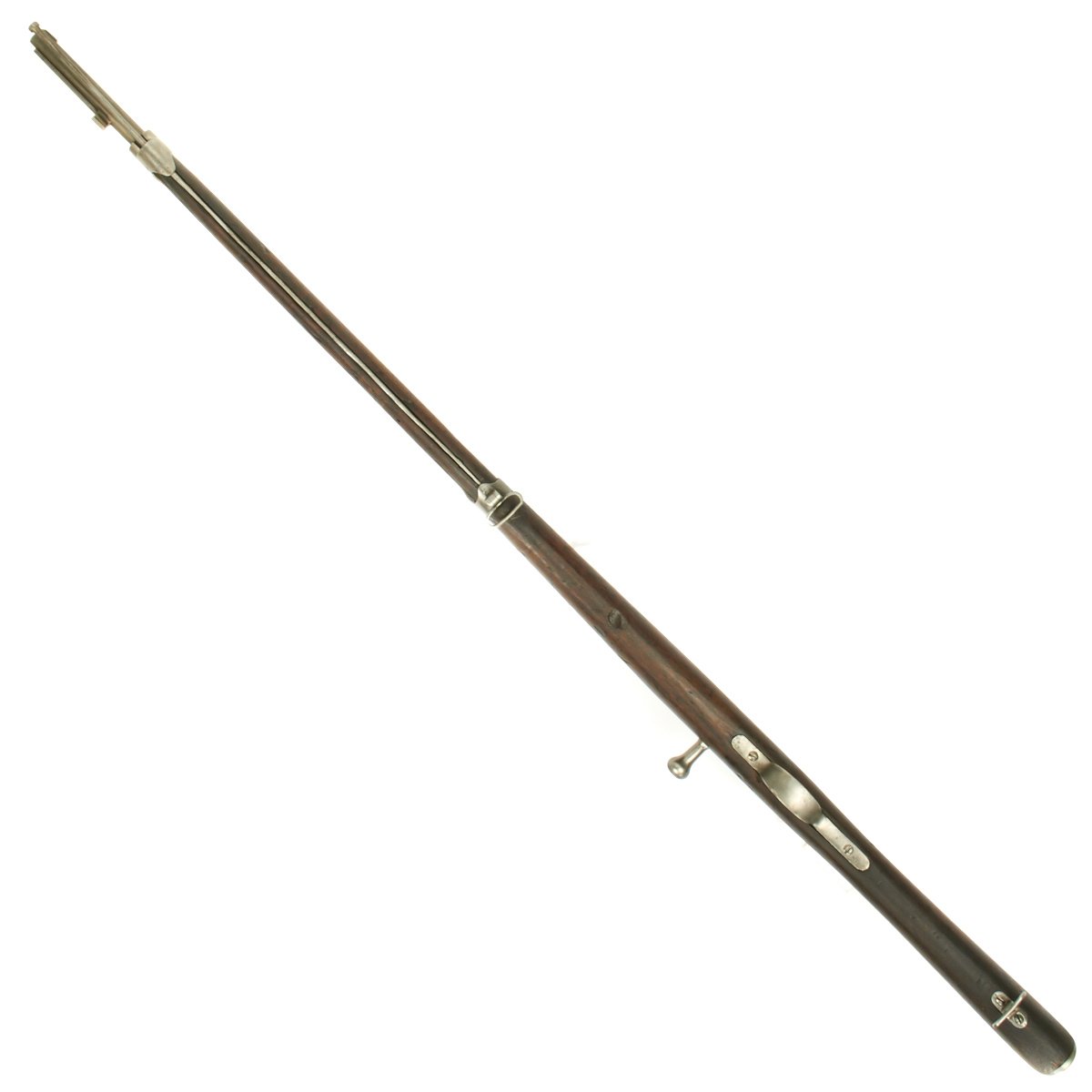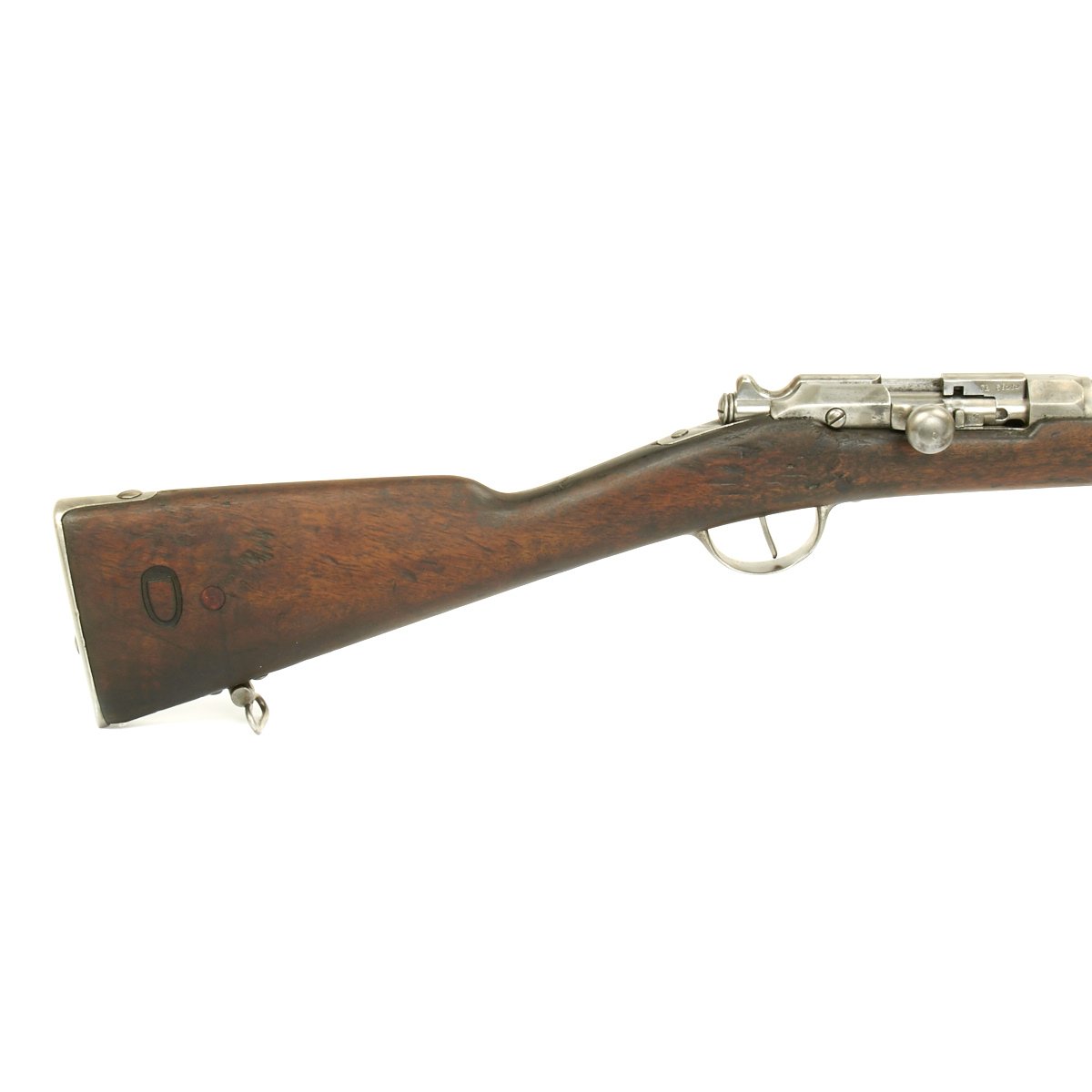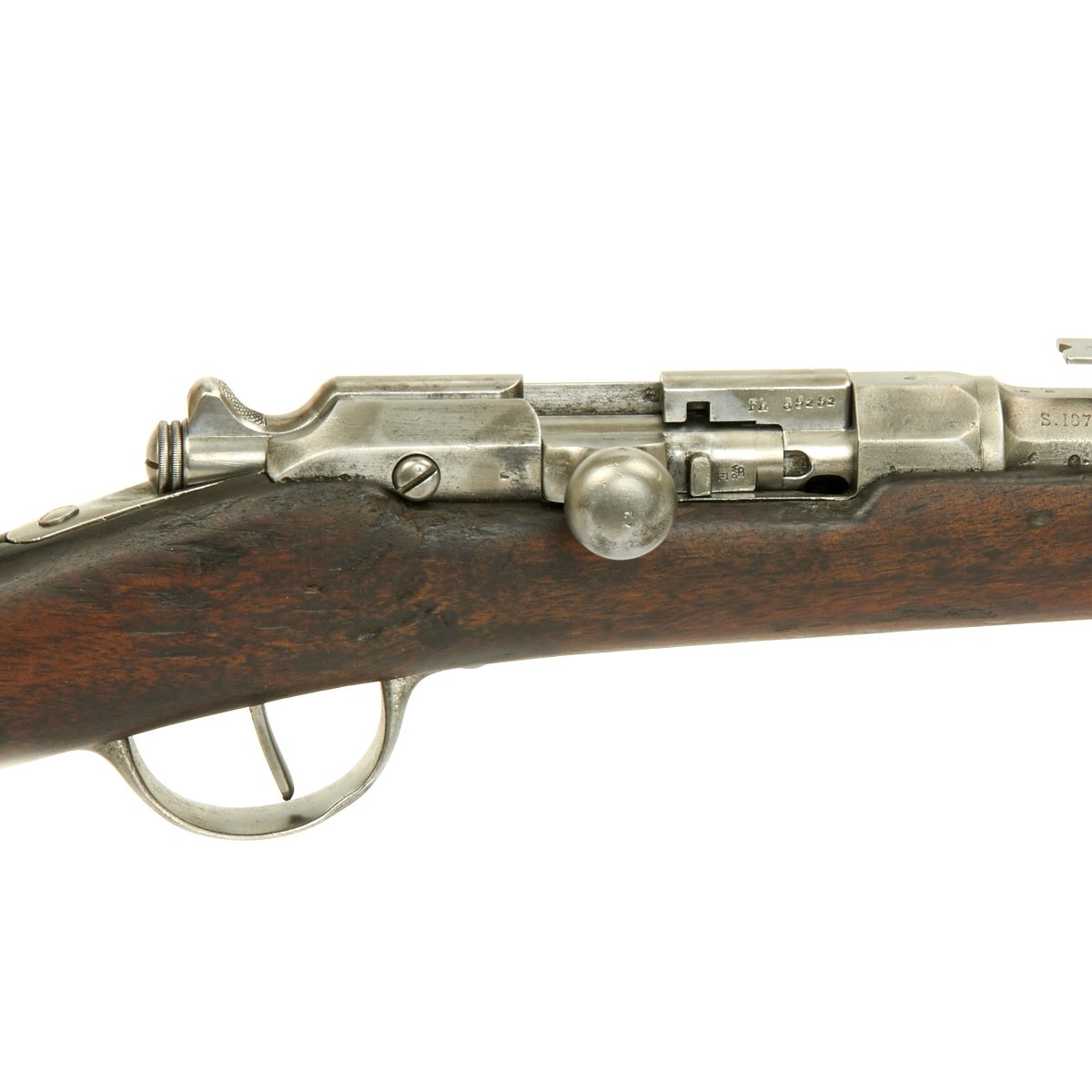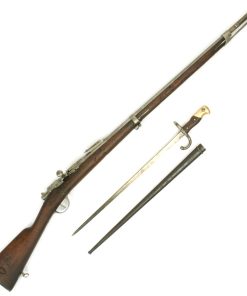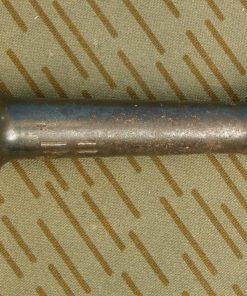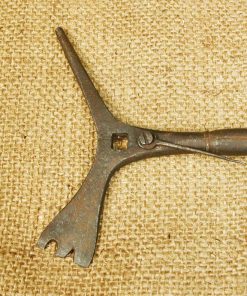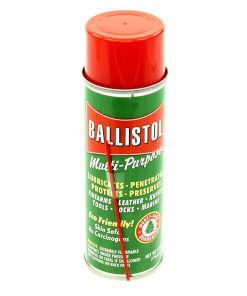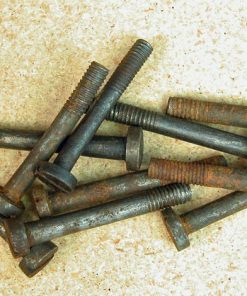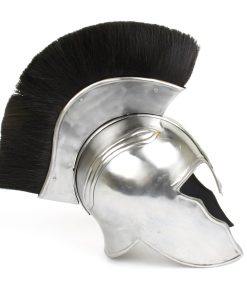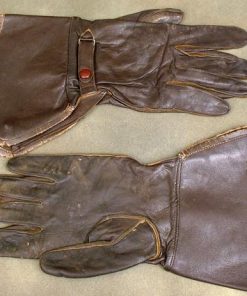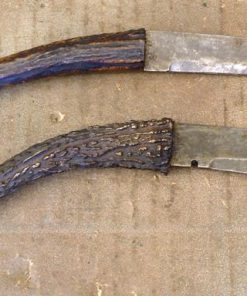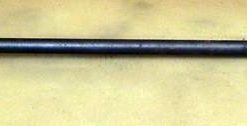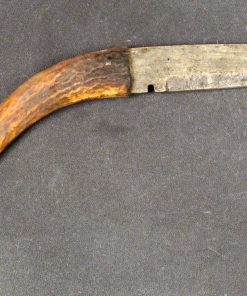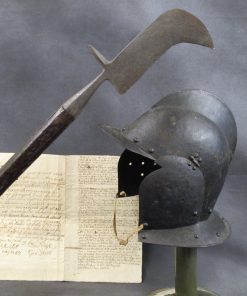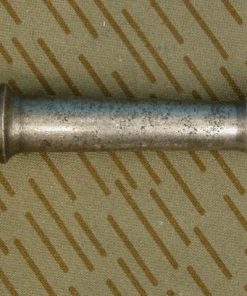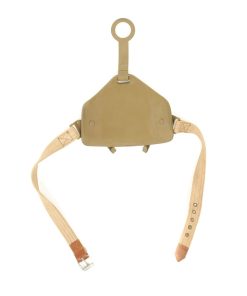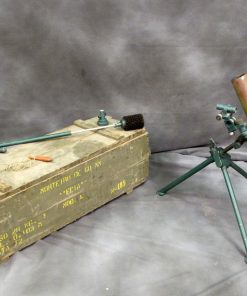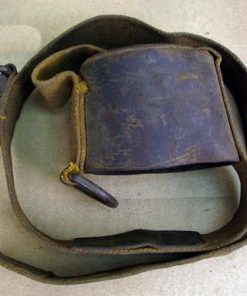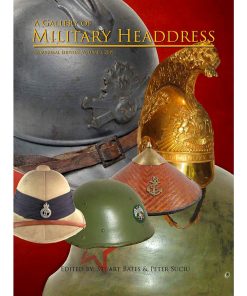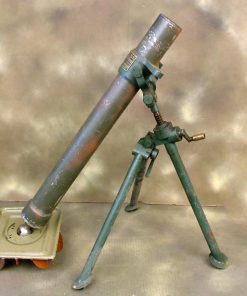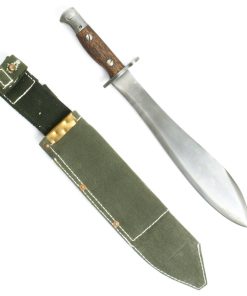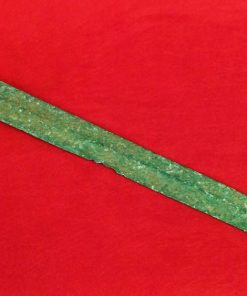Original French Fusil Gras Modèle 1874 M80 with Bayonet Original Items
$ 895,00 $ 223,75
Original item: Only One Available. The Fusil Gras Modèle 1874 M80 was a French service rifle of the 19th century. The Gras used by the French Army was an adaptation to metallic cartridge of the Chassepot breech-loading rifle by Colonel Basile Gras.
This is a fine example with a truly excellent bore. The received is marked M-1874 MANUFACTURE DES ARMES, Chatellerault . The rifle has an issue date stamped into the barrel of 1878. It comes with all original steel mounts and cleaning rod as well as an original Gras bayonet with steel hooked quillon and all steel scabbard. Offered in great overall condition the rifle has a fantastic bore!
This rifle had a caliber of 11mm and used black powder centerfire cartridges that weighed 25 grams. It was a robust and hard-hitting weapon, but it had no magazine and so could only fire one shot after loading. It also had a triangular-shaped sword bayonet, known as the Model 1874 “Gras” sword bayonet. It was replaced by the Lebel rifle in 1886, the first rifle to use smokeless gunpowder. In the meantime, about 400,000 Gras rifles had been manufactured.
The metallic-cartridge Gras was manufactured in response to the development of the metallic cartridge designed by Colonel Boxer in 1866 (Boxer cartridge), and the British 1870 Martini-Henry rifle. Those were soon emulated by the Germans with the 1871 Mauser.
The Hellenic Army adopted the Gras in 1877, and it was used in all conflicts up until the Second World War. It became the favourite weapon of Greek guerrilla fighters, from the various revolts against the Ottoman Empire to the resistance against the Axis, acquiring legendary status. The name entered the Greek language, and grades (????de?) was a term colloquially applied to all rifles during the first half of the 20th century. It was manufactured by Manufacture d’armes de Saint-Étienne, one of several government-owned arms factories in France.
NOTE: International orders of antique firearms MUST be shipped using UPS WW Services (courier). USPS Priority Mail international will not accept these.
Fast Shipping with Professional Packaging
Thanks to our longstanding association with UPS FedEx DHL, and other major international carriers, we are able to provide a range of shipping options. Our warehouse staff is expertly trained and will wrap your products according to our exact and precise specifications. Prior to shipping, your goods will be thoroughly examined and securely secured. We ship to thousands clients each day across multiple countries. This shows how we're dedicated to be the largest retailer on the internet. Warehouses and distribution centres can be located throughout Europe as well as the USA.
Note: Orders with more than one item will be assigned a processing date depending on the item.
Before shipping before shipping, we'll conduct a thorough inspection of the items you have ordered. Today, the majority of orders will be delivered within 48 hours. The delivery time will be between 3-7 days.
Returns
The stock is dynamic and we cannot completely manage it because multiple stakeholders are involved, including our factory and warehouse. So the actual stock may alter at any time. It's possible that you may not receive your order once the order has been made.
Our policy is valid for a period of 30 days. If you don't receive the product within 30 days, we are not able to issue a refund or an exchange.
You can only return an item if it is unused and in the same state as the day you received it. You must have the item in its original packaging.
Related products
Uncategorized
Uncategorized
Uncategorized
Uncategorized
Uncategorized
Uncategorized
Uncategorized
Uncategorized
Angolan Rebel 1970s era 60mm Inert Display Mortar from Angolan Civil War Original Items
Uncategorized
Armoured Fighting Vehicles of the World: AFVs of World War One (Hardcover Book) New Made Items
Uncategorized
Uncategorized
Armored Burgonet Helmet & Polearm from Scottish Castle Leith Hall Circa 1700 Original Items
Uncategorized
Uncategorized
Uncategorized
Uncategorized
Uncategorized
Uncategorized
Uncategorized
Uncategorized
Uncategorized
Australian WWII Owen MK1 Machine Carbine SMG Custom Fabricated Replica with Sling Original Items
Uncategorized
